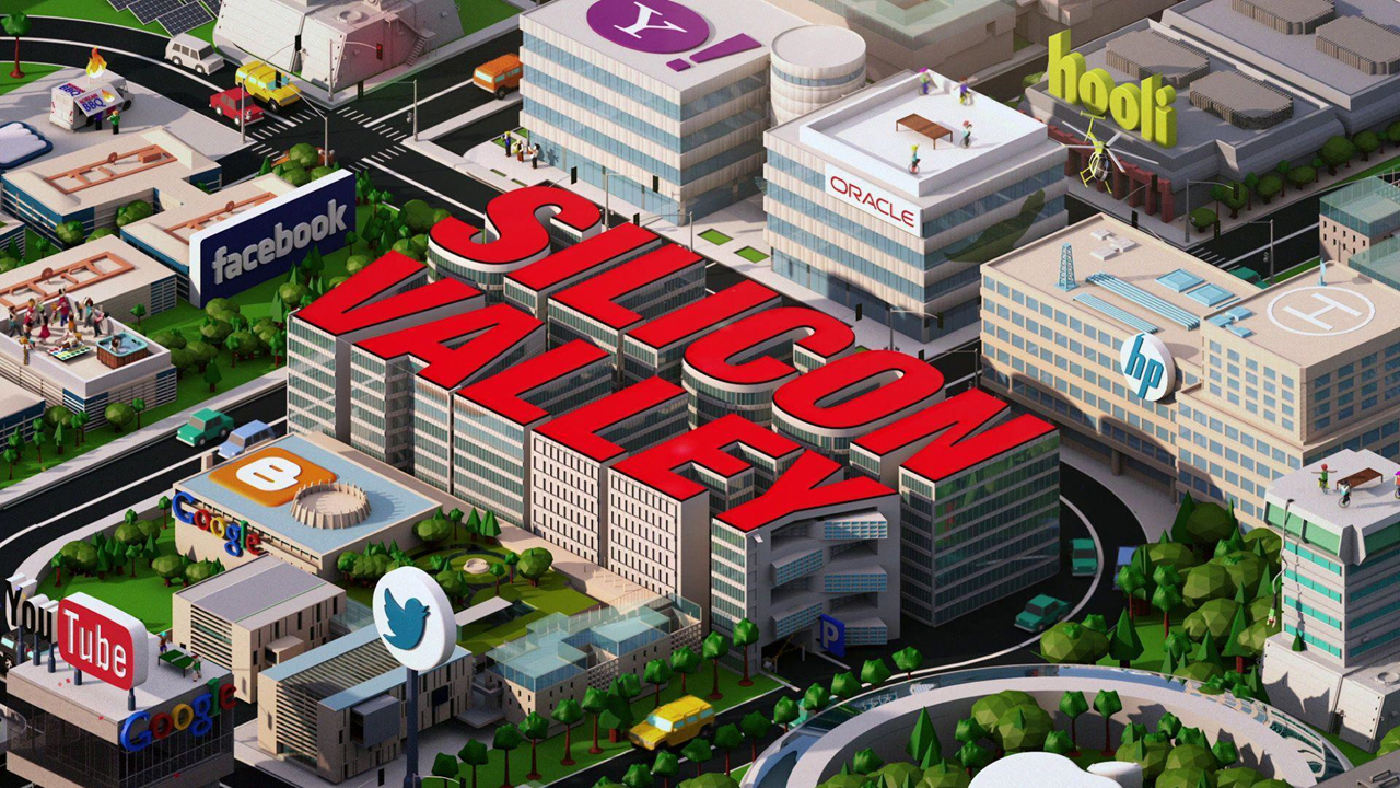Why we wan’t to go to Silicon Valley?
If your a programmer or engineer you might have heard about Silicon Valley, the tech city; where companies are born, and of course where the great five are, well I think we all want to go because we hear alot of greate things about.
Silicon Valley is a region in the San Francisco Bay Area of Northern California that is home to many of the world’s largest technology companies. It is also a major center for venture capital and startup companies.
The term “Silicon Valley” was first coined in 1971 by Don Hoefler, a journalist writing for Electronic News. He used it to describe the Santa Clara Valley, which is the part of the Bay Area that is home to Santa Clara University, Stanford University, and many of the early semiconductor and computer companies.
Today, Silicon Valley is home to companies like Apple, Google, Facebook, and Amazon. It is also a major center for venture capital and startup companies.
There are many reasons why people want to live and work in Silicon Valley. The region has a strong economy, a highly educated workforce, and a culture that is supportive of innovation and risk-taking. Silicon Valley is also a great place to live, with a mild climate and a variety of recreational and cultural activities.
History
The history of Silicon Valley is a long and storied one, dating back to the early days of the semiconductor industry. The region has been home to some of the most important and influential companies in the world, and has played a pivotal role in the development of the technology industry.
The origins of Silicon Valley can be traced back to the early days of the semiconductor industry. In the 1950s, Fairchild Semiconductor and Shockley Semiconductor were two of the leading companies in the industry. These companies were based in the Santa Clara Valley, which would later become known as Silicon Valley.
The Santa Clara Valley was an ideal location for the semiconductor industry due to its climate and proximity to Stanford University. The region also had a strong talent pool, as many of the leading scientists and engineers in the field were based in the area.
The early days of the semiconductor industry were marked by intense competition. Fairchild and Shockley were constantly trying to one-up each other, and the race to develop new and better semiconductor products was on.
This competition led to the development of some of the most important semiconductor products in history. In 1968, Intel released the first commercially available microprocessor, the Intel 4004. This microprocessor would go on to power the first personal computers, and would eventually be used in millions of devices around the world.
The development of the microprocessor was a major turning point for Silicon Valley. The region became the epicenter of the technology industry, and would go on to produce some of the most important and influential companies in the world.
Today, Silicon Valley is home to some of the largest and most successful technology companies in the world. Companies like Apple, Google, and Facebook have their headquarters in the region, and the area is also home to many venture capital firms.
The history of Silicon Valley is a long and storied one. The region has been home to some of the most important and influential companies in the world, and has played a pivotal role in the development of the technology industry.
“Silicon Valley is a place where technology and innovation meet.” -
Work

The technology industry is booming in Silicon Valley, and there are plenty of great jobs to be had. Here are just a few of the many types of jobs that are available in this exciting and innovative region:
1. Software Engineer: As a software engineer, you will be responsible for developing and maintaining software applications. This is a highly technical position that requires a strong understanding of computer science principles.
2. Hardware Engineer: Hardware engineers design and oversee the production of computer hardware components. This is a highly technical position that requires a strong understanding of electrical engineering principles.
3. Network Engineer: Network engineers design and oversee the implementation of computer networks. This is a highly technical position that requires a strong understanding of networking principles.
4. Database Administrator: Database administrators manage and maintain databases. This is a highly technical position that requires a strong understanding of database management principles.
5. System Administrator: System administrators are responsible for the day-to-day operation of computer systems. This is a highly technical position that requires a strong understanding of computer systems principles.
6. Web Developer: Web developers design and develop websites. This is a highly technical position that requires a strong understanding of web development principles.
7. Graphic Designer: Graphic designers create visual designs for websites, applications, and other digital products. This is a highly creative position that requires a strong understanding of graphic design principles.
8. User Experience Designer: User experience designers create designs that focus on the user’s experience. This is a highly creative position that requires a strong understanding of user experience principles.
9. Product Manager: Product managers are responsible for the development and management of products. This is a highly technical position that requires a strong understanding of product development and management principles.
10. Business Analyst: Business analysts are responsible for analyzing business data. This is a highly technical position that requires a strong understanding of business analysis principles.
Releted Posts
Never forget about complexity analysis
In computer science, complexity analysis is the process of determining the computational complexity of algorithms, that is, the amount of resources (such as time and storage) required to execute them.
Read moreWho is Ada Lovelace?
Ada Lovelace was a British mathematician and writer who is credited with being the first person to publish an algorithm for use on a computer.
Read moreWhy you need to learn to CODE !
Coding is an important skill to learn for the 21st century. With coding, you can create your own website, app, or game.
Read more


